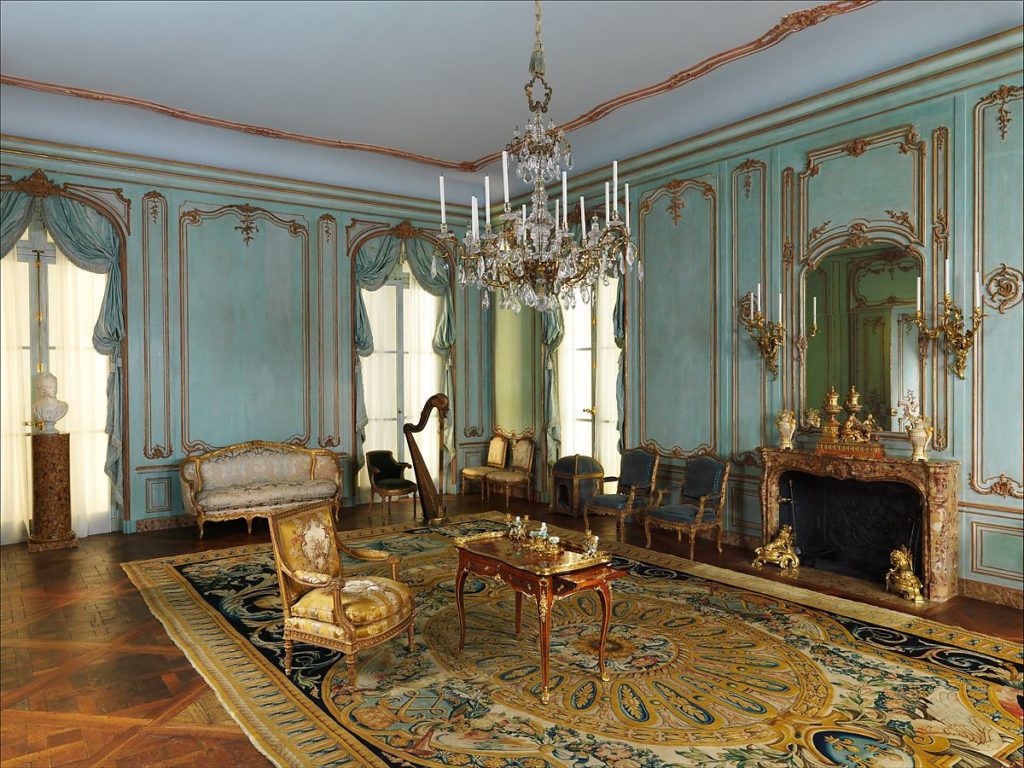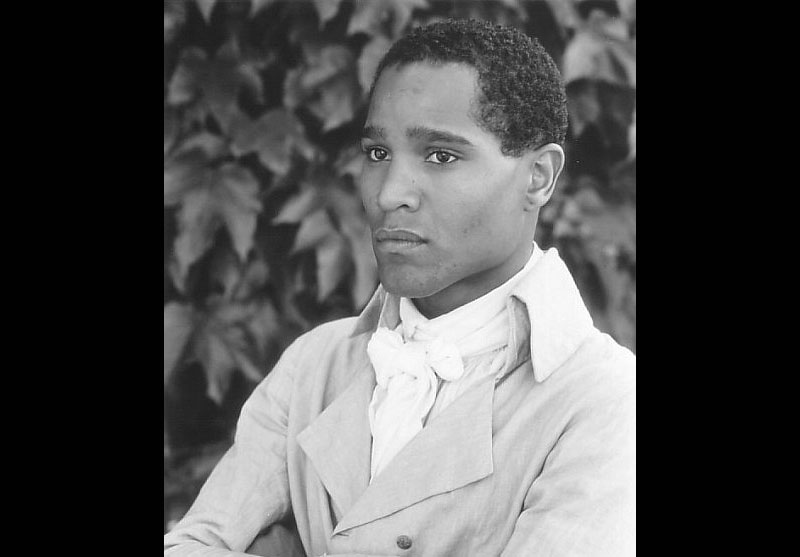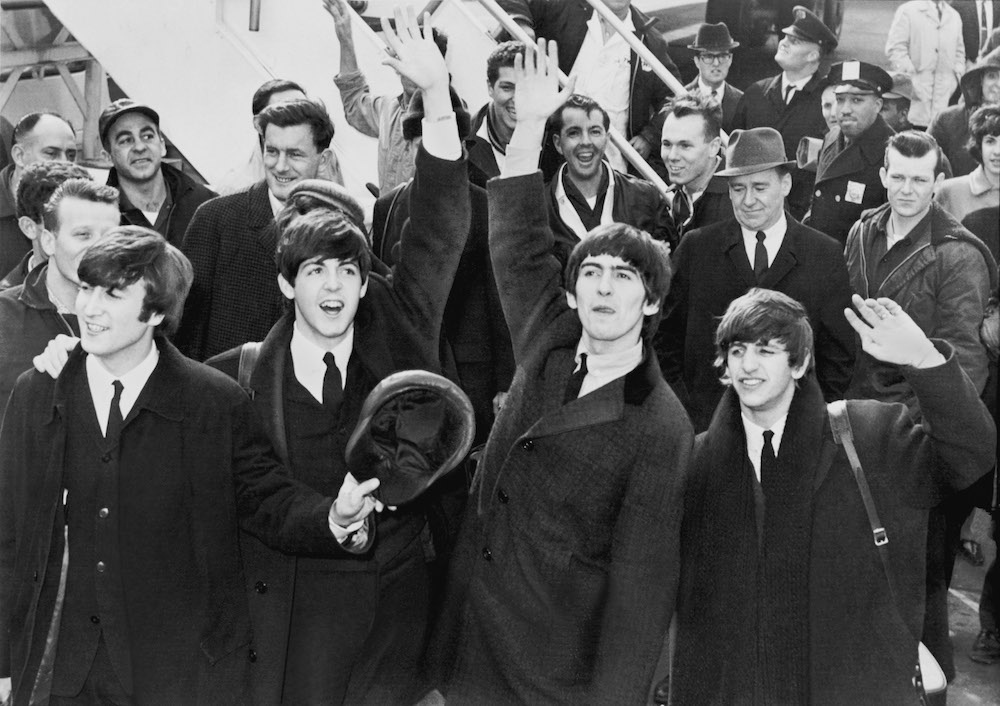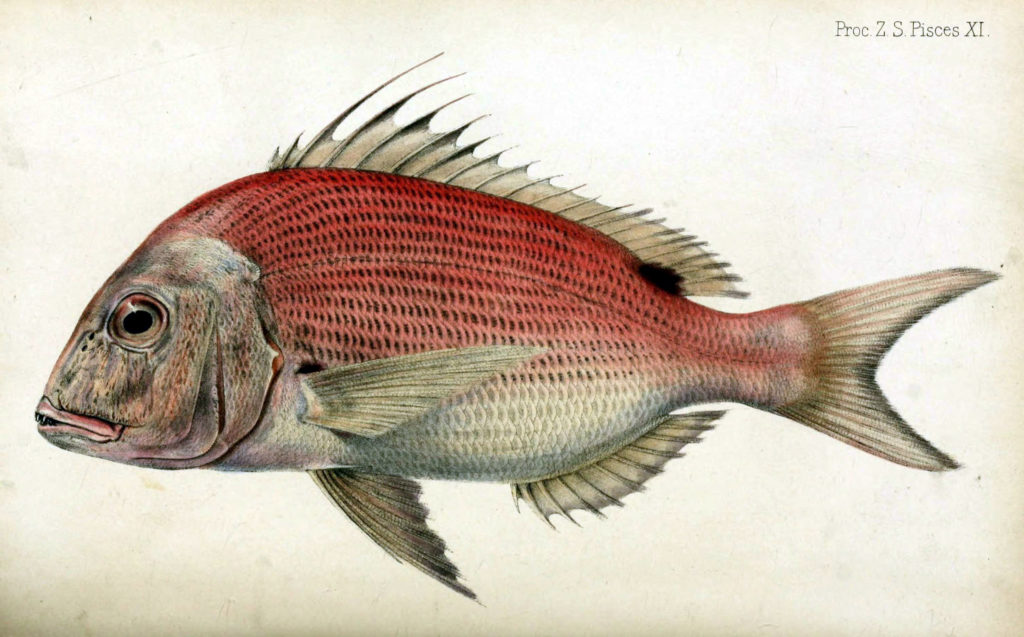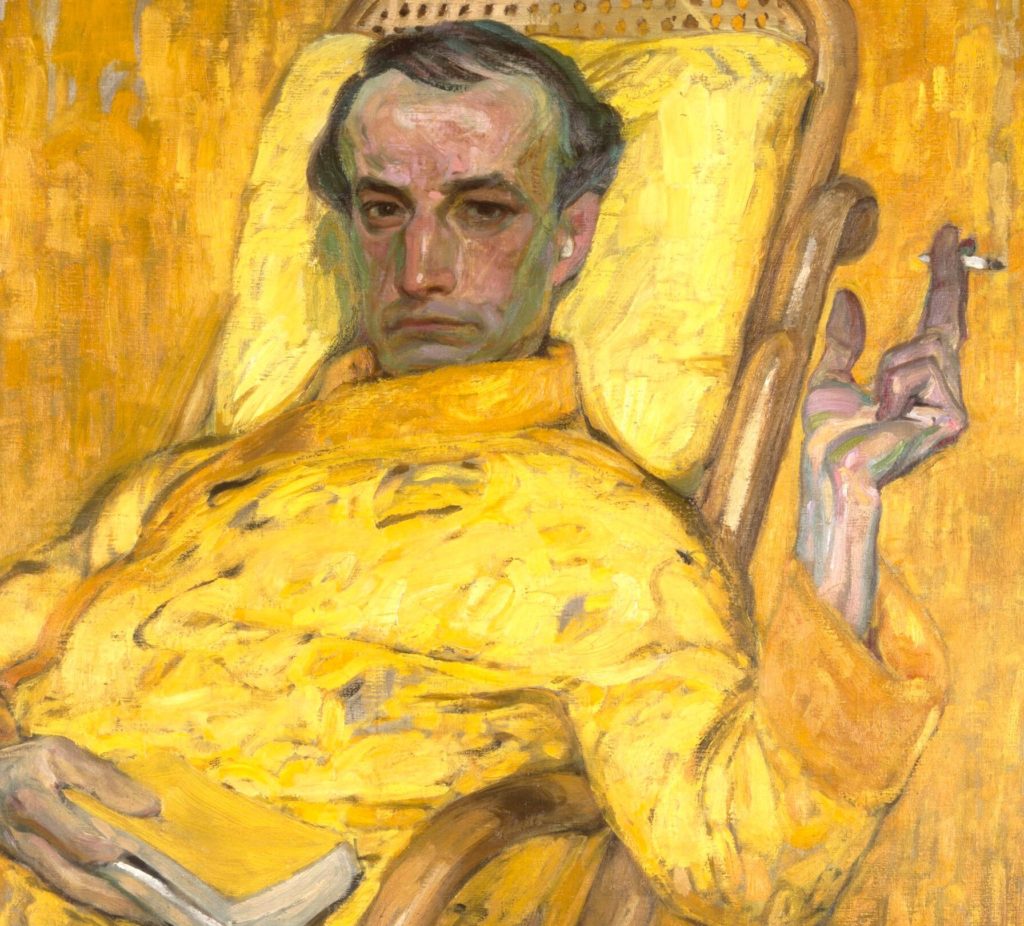Iceland has already faced steep political turmoil in 2016. Later this month,Jin Seo things could get even more interesting, as the country's upstart Píratar Party (or Pirate Party) remains in the lead in polls leading up to the nation's general election at the end of October.
SEE ALSO: Iceland's Pirate Party Wants to Make Snowden a CitizenThe Pirate Party has been neck-and-neck in country-wide polls with the Independence Party, one of Iceland's oldest parties that is currently part of the current coalition government (alongside the Progressive Party).
While the Pirate Party may be new to many outside the tiny island nation, it's been making noise in Iceland, especially following the political upheaval the country has faced in 2016. But who is the party and how did it rise to such prominence?
You May Also Like
What is the Pirate Party?
Formed in November 2012, Iceland's Pirate Party actually sprang from a party formed in Sweden in 2006 to fight for internet copyright reform. Now, though, there are Pirate Parties in dozens of countries but Iceland's has been gaining particular notice over the last 18 months.
This Tweet is currently unavailable. It might be loading or has been removed.
Iceland's Pirate Party has a lengthy "core policy" that you can read all about on its website. It focuses on six main points:
Critical thinking and well-informed policy
Civil rights
A right to privacy
Transparency and responsibility
Freedom of information and expression
Direct democracy and the right to self-determination
Among other items the party would like to pursue --according to one of its leaders, poet Birgitta Jonsdottir, formerly of WikiLeaks -- are a new constitution based on a crowdsourced draft written (but abandoned) in 2013 and, yes, offering asylum to Edward Snowden.
Jonsdottir was also a key champion of the Icelandic Modern Media Initiative, approved in 2010, that greatly strenghtened its media freedom laws.
How does Iceland's government work?
Iceland is a "constitutional republic" and elects presidents and parliamentary representatives, each on four-year cycles. There are 63 seats in the parliament (also called the Althingi). A party earning 32 or more seats forms a majority government but such results are rare and the top two parties form a coalition government.
Currently, the Independence and Progressive parties each hold 19 of 63 parliamentary seats in Iceland's government while the Pirate Party holds three. The other seats are split between three other parties (Social-Democratic Alliance, Left-Green Movement, and Bright Future).
The last parliamentary elections were held in 2013 and the next election was originally set to be held sometime before the end of April 2017.
The Panama Papers
So about all that political turmoil mentioned earlier.
This Tweet is currently unavailable. It might be loading or has been removed.
The leak of the infamous Panama Papers in April 2016 caused an uproar in the small island country. The documents implicated top Icelandic officials in using offshore tax havens, forced the resignation of then-PM Sigmundur David Gunnlaugsson, and spurred on massive protests that featured thrown yogurt.
This Tweet is currently unavailable. It might be loading or has been removed.
As a result of the post-leak outcry, Sigurdur Ingi Johannsson, who was named to replace Gunnlaugsson as prime minister, announced in August that parliamentary elections would be held in October 2016, well ahead of the originally scheduled April 2017 date.
History professor Guðni Jóhannesson won Iceland's presidential vote in June 2016, riding that wave of anti-corruption support throughout the country.
What's next?
The Reykjavik Grapevinehas described the upcoming election, succinctly, as a "looming political shitstorm."
The most recent polls give the Pirate Party a slight edge over the Independence Party and a collection of others, indications that the party should make huge gains over the five percent of the vote they gained in 2013.
But, as the Grapevinenotes, while the Pirate Party is still leading, it's overall share of the polls has steadily declined since it started raising eyebrows in the spring of 2015. And sparks will fly as the Pirates, new to power, will butt up against the more traditional, conservative Independence party simply to form the coalition government.
Throw in a new party, Viðreisn, that has surged past other existing parties in the polls and swiped two key members of the Independence party, and you've got a situation for political fireworks.


